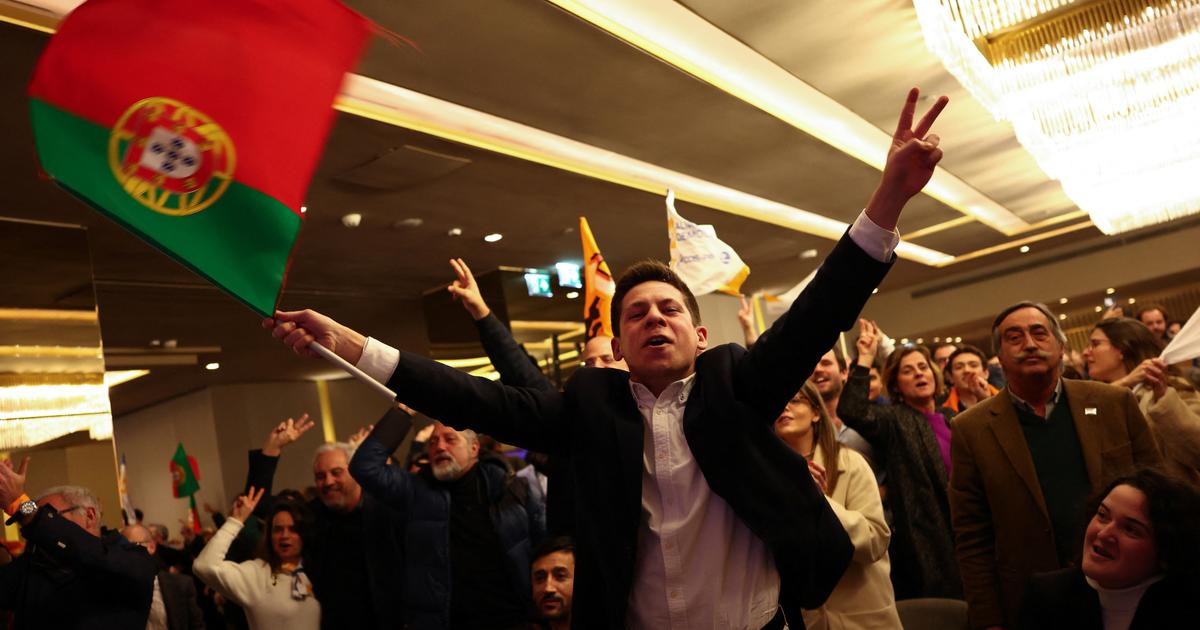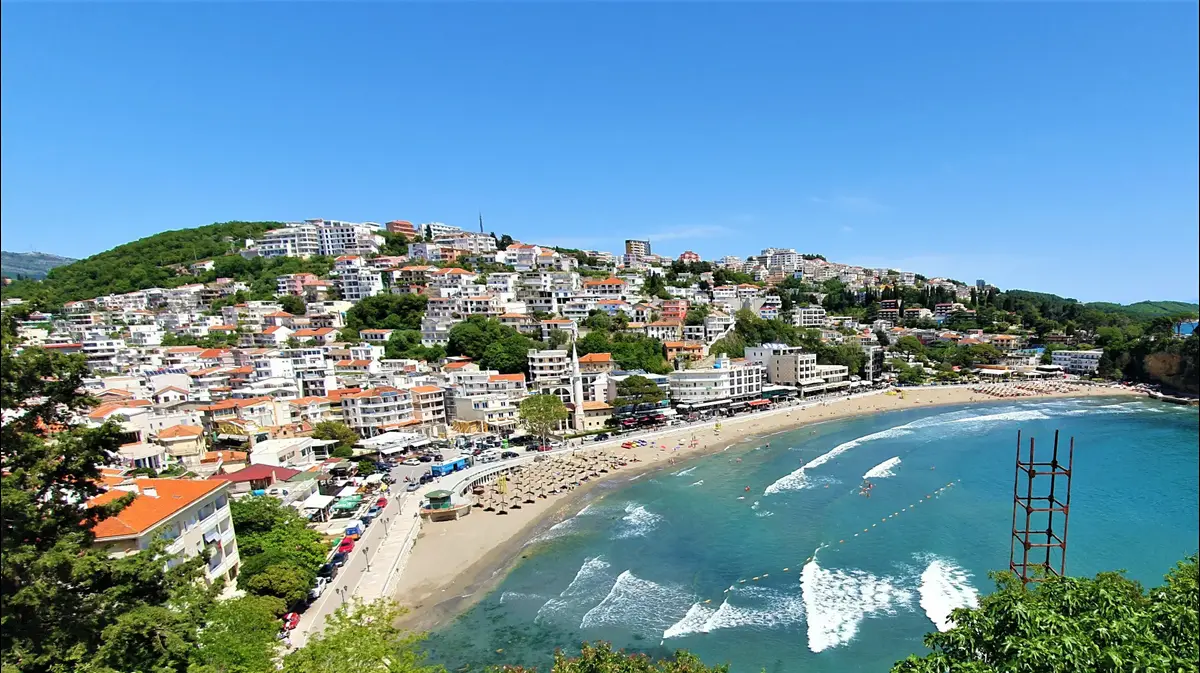Montenegro has been an island of stability in the troubled western Balkans for many years. The Montenegrin President and long-term ruler Milo Djukanovic skillfully maneuvered his country past the wars in the former Yugoslavia and led it peacefully to independence in 2006.
The former young communist "Milo" is now a loyal NATO and EU ally. The West has let him go through many domestic affairs in recent years.
But dissatisfaction with his corrupt and feudalistic rule is great in the country. This is probably why the "stabilocrat" is demonstrating these days with a peculiar power game that beyond it only threatens chaos.
New church and religion law divides Montenegro
The opportunity for this is offered by a new church and religion law that was passed at the end of last week:
- Controversial is a provision in the law that requires churches in Montenegro to provide proof of ownership of buildings and land that they owned before 1918.
- Otherwise they could be expropriated. The year 1918 refers to the integration of Montenegro into the Kingdom of Yugoslavia.
- This provision is primarily directed against the influential Serbian Orthodox Church in the country to which most believers in Montenegro belong.
- She will find it difficult to provide evidence of ownership of many of her old properties, since modern real estate registers in the region were mostly only introduced after 1918.
Although international bodies such as the Council of Europe had expressly asked the Montenegrin government to structure the law in a constructive dialogue with all those affected, the controversial phrase has been retained.
The president rules the country like an estate
When the law was passed last week, chaotic scenes took place in the parliament in Podgorica. After loud protests from the opposition, the police arrested 18 members of a proserbian opposition alliance, three of whom are under criminal proceedings.
Since then, thousands of people have been demonstrating across the country every day, sometimes blocking national roads, and violent clashes have repeatedly occurred. There were also protests against the law in Serbia and in the Serbian republic in Bosnia-Herzegovina. Nationalists smeared the Montenegrin message in Belgrade.
President Djukanovic was not impressed by this - he signed the law only one day after it was passed. It's not so much about church property as such. There is much to suggest that the head of state is consciously looking for the foreseeable confrontation. Because it distracts from the real problems in Montenegro:
- Djukanovic, his family members and a close circle of confidants have ruled the country like a private estate for three decades.
- They are involved in numerous corruption affairs without ever having to answer for them.
- Evidence in the country is regularly falsified in favor of Djukanovic's ruling "Democratic Party of Socialists" (DPS), there has not yet been a change of power in Montenegro.
- Abroad, Djukanovic buys approval by offering himself as a reliable partner in NATO operations or as a bulwark of the EU in the refugee crisis.
But for a year now, Dusko Knezevic, a renegade oligarch, has shaken "Milos" system: He repeatedly publishes videos that show bribes and illegal financing of the DPS. The Montenegrin public reacted indignantly. Before the upcoming parliamentary elections in autumn, this poses a real threat to the power of Djukanovic and his party.
MALTON DIBRA / EPA-EFE / REX
Milo Djukanovic: He signed the new church law shortly after the adoption, the public reacted indignantly
Bishop of the Serbian Orthodox Church warns of civil war
In such delicate domestic political situations, Djukanovic has repeatedly tried to raise the issue of Montenegro's independence from the former state association with Serbia, as well as the debate about an independent Montenegrin identity. He tries to polarize and portray himself as a patriot and guardian of the country's integrity. The position of the strongest opposition alliance, the "Democratic Front", which is clearly pro-Serbian, suits him. It can be well represented as the fifth column of Belgrade.
The head of state is also fueling the conflict with the Serbian Orthodox Church in Montenegro. Montenegro has been trying for years to make the Montenegrin Orthodox Church, which was founded in 1993, the official majority church, but without success. It is not recognized within Orthodoxy and, according to unofficial estimates, has only a few thousand followers.
It is currently unclear whether "Milos" tactics will run out. There is no doubt that it is a dangerous tactic: Montenegro's government warned the Serbian Orthodox Church to undermine the country's statehood. The bishop of the church, Amfilohije, for his part predicted that "civil war" could even occur.
The conflict is also threatened by internationalization: Serbian President Aleksandar Vucic said he is sending a "signal of unity to all Serbs, regardless of the borders they share". This can also be interpreted as a threat to the address of Montego. The Moscow Ministry of Foreign Affairs, on the other hand, said that the Montenegrin religious law was an "attack on the unity of orthodoxy".



/cloudfront-eu-central-1.images.arcpublishing.com/prisa/DNMPMYRY3S5QCGBXIIUDFCL7MU.jpg)











